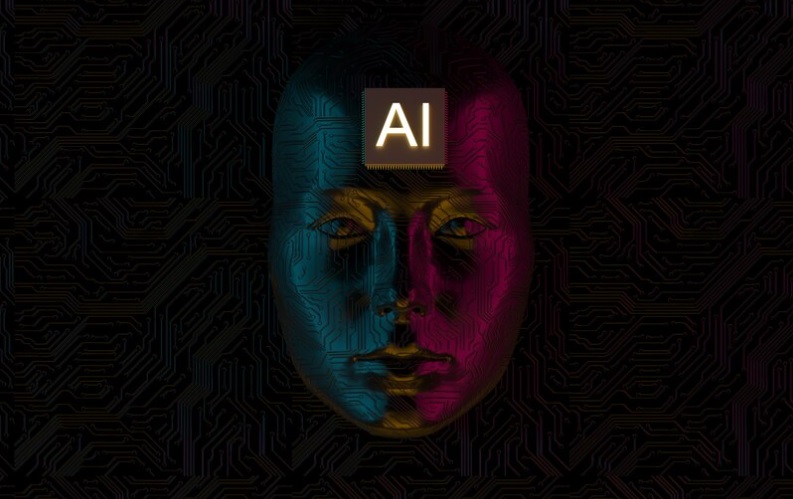Artificial Intelligence (AI) has the potential to revolutionize various industries, but its rapid development raises significant ethical considerations. Here are some key ethical considerations across different sectors:
- Privacy Concerns:
- Healthcare: In healthcare, Artificial Intelligence can process vast amounts of patient data for diagnostics and treatment recommendations. However, preserving patient privacy and ensuring secure handling of sensitive medical information is crucial.
- Finance: AI is used in finance for fraud detection, credit scoring, and investment strategies. There are concerns about how AI systems handle financial data and whether biased algorithms could result in unfair or discriminatory outcomes.
- Surveillance: AI-powered surveillance systems raise concerns about privacy infringement. Facial recognition technology, for example, poses risks to civil liberties if not regulated and used responsibly.
- Bias and Fairness:
- Recruitment: AI in recruitment processes can inadvertently perpetuate biases present in historical hiring data. This can lead to discriminatory outcomes if the algorithms are not carefully designed and regularly audited for fairness.
- Criminal Justice: AI systems used in predictive policing or sentencing decisions may reflect and perpetuate existing biases in the criminal justice system. Ensuring fairness and transparency in these applications is critical.
- Transparency and Accountability:
- Autonomous Vehicles: The development of autonomous vehicles raises questions about accountability in the event of accidents. Determining responsibility and liability when AI systems are involved is a complex ethical challenge.
- Algorithmic Decision-Making: In various sectors, AI-driven decision-making processes lack transparency. It’s important to understand how these decisions are made and be able to hold accountable the entities responsible for AI systems.
- Job Displacement and Economic Inequality:
- Manufacturing and Service Industries: The automation of routine tasks in manufacturing and services could lead to job displacement, potentially affecting lower-skilled workers disproportionately.
- White-collar Jobs: AI’s ability to perform tasks traditionally associated with white-collar professions may lead to job displacement in fields such as finance, law, and customer service.
- New Job Opportunities: On the positive side, Artificial Intelligence also has the potential to create new job opportunities in fields related to Artificial Intelligence development, maintenance, and oversight.
- Security Risks:
- Cybersecurity: The use of AI in cybersecurity can enhance threat detection, but it also introduces new risks. Malicious actors could potentially use AI to launch more sophisticated and targeted cyberattacks.
- Autonomous Weapons: The development of AI-powered autonomous weapons raises concerns about the potential for misuse and the lack of human control in decision-making during armed conflicts.
- Ethical AI Development:
- Bias Mitigation: Ensuring that Artificial Intelligence systems are trained on diverse and representative datasets to mitigate bias is a key ethical consideration. Ongoing monitoring and adjustment are necessary to address emerging biases.
- Human Oversight: Maintaining a balance between automation and human oversight is crucial, especially in critical areas like healthcare, criminal justice, and finance.
- International Collaboration: Establishing global standards and ethical guidelines for AI development can help address concerns related to accountability, transparency, and the responsible use of AI technologies.
In conclusion, as Artificial Intelligence continues to advance, it is essential for policymakers, industry leaders, and the public to work collaboratively to address the ethical challenges associated with its deployment across various sectors. Striking the right balance between innovation and ethical considerations is key to harnessing the full potential of Artificial Intelligence for the benefit of society.


Hi, this is a comment.
To get started with moderating, editing, and deleting comments, please visit the Comments screen in the dashboard.
Commenter avatars come from Gravatar.